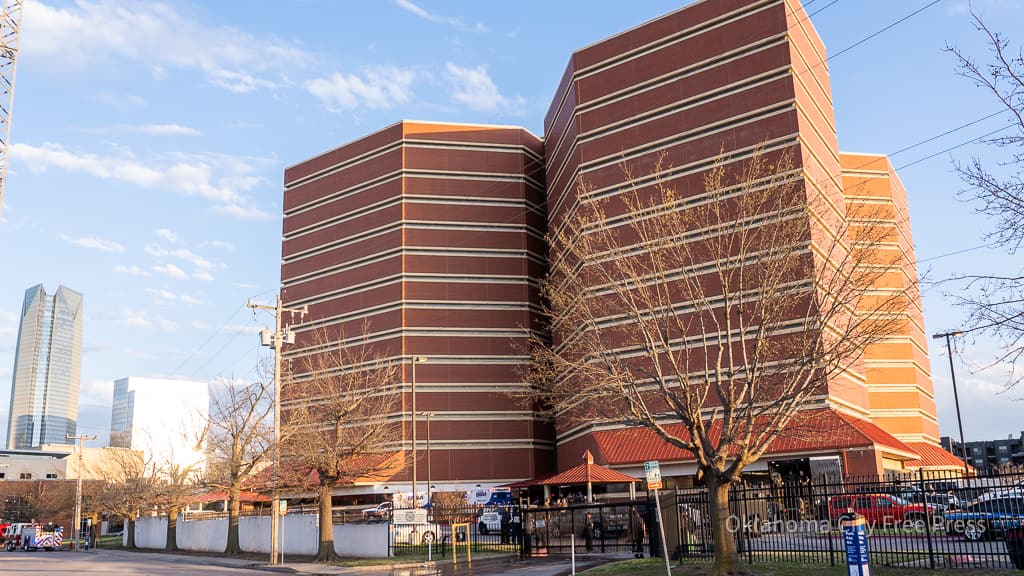Last Updated on June 13, 2023, 4:00 PM | Published: June 13, 2023
OKLAHOMA CITY — State officials report that in Oklahoma County 67 people have been diverted from going to the Oklahoma County Detention Center (OCDC) and have been connected to mental health services instead.
The Oklahoma Department of Mental Health and Substance Abuses Services (ODMHSAS) have partnered with Oklahoma County to deliver much-needed mental health services to those who previously would have ended up in jail instead.
The program is called “Court Ordered Outpatient Treatment” and was created in March 2023.
“CO-OP is aimed at consumers who are severely mentally ill with a history of non-compliance with outpatient services. Oftentimes, their mental health results in frequent touchpoints with law enforcement,” said Lauren Stover, ODMHSAS Executive Director of the Oklahoma County Crisis Intervention Center and Oklahoma Crisis Recovery Unit.
“These individuals are typically arrested on low-level felony and misdemeanor charges and rather than getting the much-needed treatment they are booked into the detention center and charged,” Stover said. “We are working to bridge the gap.”
Oklahoma County District Court Judge Sara Murphy Bondurant, the Oklahoma County District Attorney’s Office through their public defender’s team, and the CEO of the Oklahoma County Detention Center Brandi Garner all have teamed with ODMHSAS and found success in this new program.
“We had tried another program in the past, but wanted to take our approach in a different direction,” said Judge Sara Murphy Bondurant. “I am extremely proud of the success CO-OP has already produced and know that success will continue and flourish as the program grows.”

“Mental Health intervention in jails is not just about addressing symptoms, but restoring hope,” said Brandi Garner, CEO of the Oklahoma County Detention Center. “This program has and will continue to help reduce the jail population by connecting certain individuals with much-needed mental health treatment in lieu of incarceration.”
“The majority of the consumers who come to the Oklahoma County Crisis Intervention Center are referred to us so that we can help determine if they need inpatient treatment,” said Stover. “This helps consumers get the help they need, rather than face charges or cycle in and out of the court system.”
Founder, publisher, and editor of Oklahoma City Free Press. Brett continues to contribute reports and photography to this site as he runs the business.










